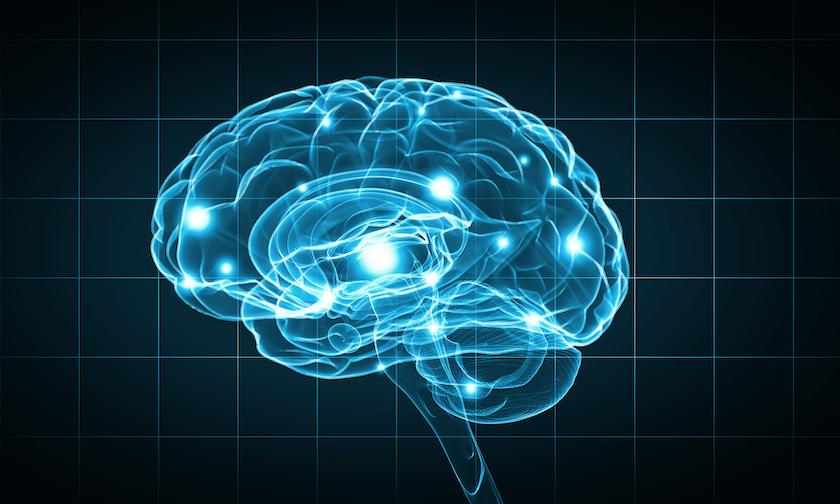Researchers at the University of New South Wales believe they are one step closer to a tool capable of detecting the onset of incurable neurodegenerative diseases with great accuracy.
Results from a joint study by the University of NSW’s Centre for Healthy Brain Ageing (CHeBA) and the School of Computer Science and Engineering show that artificial intelligence models are able to predict a variety of dementias and Alzheimer’s disease.





